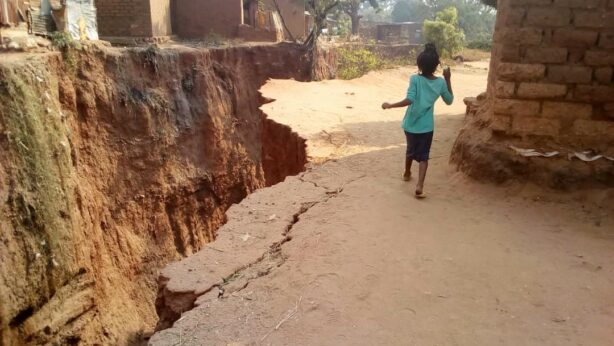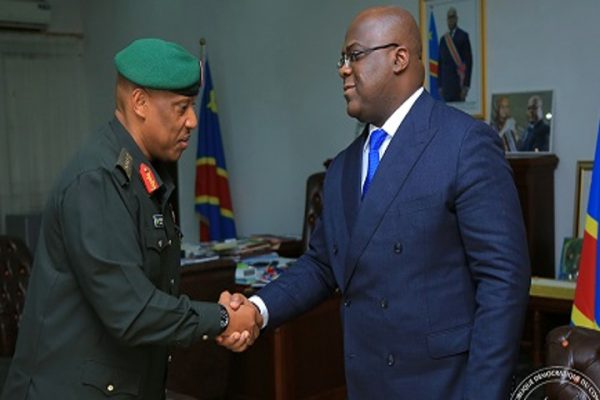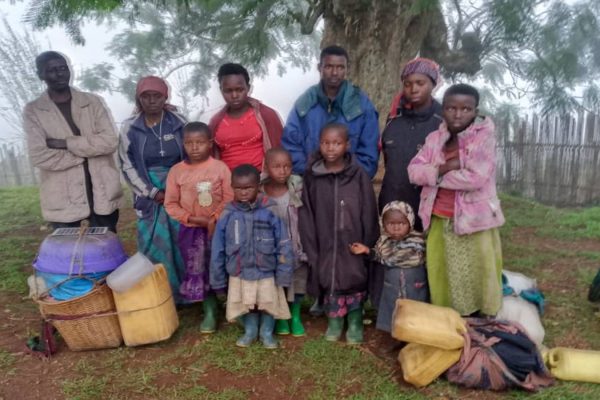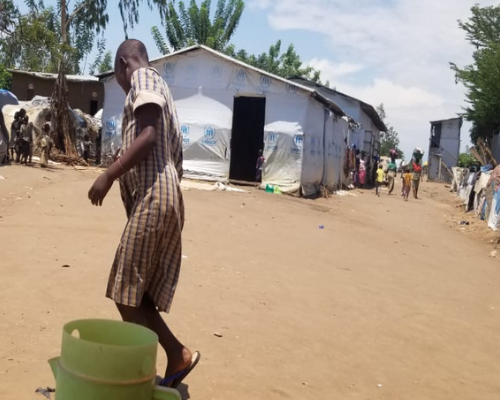Thomas Vervisch, Emery Mudinga, Godefroid Muzalia
For a number of years now, climate change has been more prominent on the UN security agenda. The underlying argument is straightforward: the potential impact of climate change on international peace and security is real and should not be underestimated. In recent years, both Sweden and Germany have used their non-permanent security seat to bring the issue
to the fore. Other countries, such as Belgium, joined the Group of Friends of Climate Security to keep the theme high on the agenda.
If we translate the debate on the climate security nexus to a more operational level, we inevitably arrive at the question of whether and to what extent the fight against climate change should be included in the mandate of current and future UN peacekeeping missions. MINUSMA was the first peacekeeping mission for which the mandate was explicitly extended to include climate security aspects, and a climate security expert is now appointed within the framework of the UNSOM mission in Somalia. In this policy brief, we apply the debate to the largest UN peacekeeping operation in the world so far, namely MONUSCO in DRC. In this region, too, initiatives linking conflict and environmental issues are not new. On 20 December 2020, the UN Security Council will have to decide on the possible extension of MONUSCO’s mandate. Are there any possibilities to include climate security aspects?








